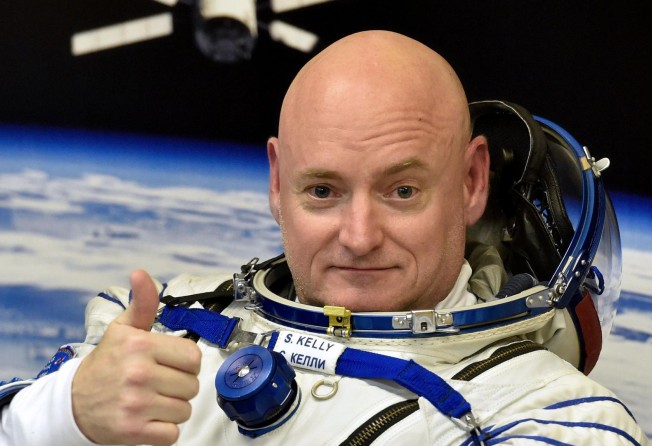Short Science, April 26, 2015

'Liquid biopsy' could help track shifty cancer
A blood test known as a "liquid biopsy" could help doctors track a shifty type of lung cancer without the need for invasive procedures, an international team of researchers says. The findings, presented at an American Association for Cancer Research meeting in Philadelphia, could help doctors predict whether patients with non-small-cell lung cancer would respond to treatment with the drug crizotinib. The results also lend further support to the idea that, in many cases, non-invasive blood tests may be able to detect cancer biomarkers as effectively as traditional biopsies. Non-small-cell lung cancers make up about 85 to 90 per cent of lung cancers, according to the American Cancer Society, and crizotinib is a common treatment for some types. But sometimes, even though the drug works well at the beginning, the patient eventually relapses. "One of those subgroups harbours a rearranged … fusion gene that makes them responsive to crizotinib treatment," the authors write. "But therapy resistance often soon occurs." One way to track whether the cancer is responding to treatment or growing resistant is to perform a biopsy - but that's a highly invasive procedure. Liquid biopsy would be far less dangerous. TNS
US astronaut sets orbiting geography test
American astronaut Scott Kelly has launched a geography quiz on Twitter and will post a picture from the International Space Station each week so fans can guess his location. Kelly is spending one year in space along with Russian cosmonaut Mikhail Kornienko in an experiment to see how the human mind and body withstand long periods in space, before even longer missions to Mars in the coming decades. Kelly began the contest on Earth Day - April 22 - from the Twitter handle StationCDRKelly. "The first person to correctly identify the place depicted in his photos will win a copy of the picture signed by Kelly after he returns to earth in March 2016," US space agency Nasa said. Kelly is part of a six-person crew in the space station, which circles the earth 16 times a day. The orbiting outpost is 320km above the earth and travels at a speed of 28,000km/h. "Expanding our geography knowledge is essential to our economic well-being, our relationships with other nations and the environment," Kelly said.
Studies point to e-cigarette benefits
Two new studies looking at whether electronic cigarettes help smokers to quit their deadly habit have found that while some of them can, it depends on the type and how often they are used. The research - welcomed by experts in a field marked by a dearth of good scientific evidence and intense lobbying - suggests daily use of so-called "tank" e-cigarettes, designed to be refilled with nicotine-containing liquids, is most likely to help smokers quit. Reuters